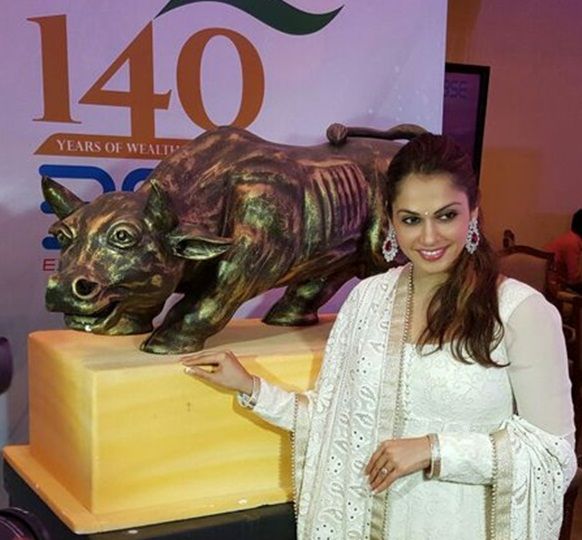The past decade saw three full cycles of markets moving up and then going into bear phases.
 During these times, many stocks saw sharp gains, followed by sharp falls.
During these times, many stocks saw sharp gains, followed by sharp falls.
In recent months, thanks to global and local events, Indian markets have seen huge volatility, rising and falling.
Yet, a handful have delivered strong returns in the past decade.
These weren't unscathed but have shown relatively higher strength during downtrends, while continuing to rise over longer time frames.
There are certain characteristics these companies have, which have helped them grow consistently, year after year.
The majority, for instance, generate good cash flow from operations and an attractive return on capital employed in the business.
This helps them fund growth without relying much on debt. These financial characteristics, in turn, are due to the strong businesses they have built over the years.
Whether strong brands and distribution reach, technology or an asset-light business model or the niche but potentially large segment they cater to or the vital skills/knowledge they have accumulated over time, which act as huge entry barriers for the competition to make a dent.
RICH RETURNS FROM THESE STOCKS
In fact, over the years, such attributes have helped the companies carve a niche for themselves.
The list has Asian Paints, Bosch, Eicher, Pidilite, Gillette, CRISIL, 3M, Apollo Hospitals, HDFC Bank and Page Industries.
The list is not comprehensive and comprises some BSE500 companies. A deeper look beyond the known companies could throw up more names.
Among domestic players, Eicher is a clear example, where the company has created a segment within the two-wheeler space.
Even as it continues to grow at a scorching pace, it is exploring new global markets to launch its Royal Enfield motorcycles, which have a waiting period of some months in India.
A few of these might be perceived as mundane businesses, as with Page Industries, which sells inner wear.
Yet, the strong brands in its portfolio and a wide reach, consisting largely of a franchise-based distribution network, has helped the company grow at a fast pace.
In the four years of FY11-15, sales and profits tripled. Even at Rs 1,543 crore (Rs 15.43 billion) of sales in FY15, there is phenomenal potential for the company to grow, given the size of the market, scope to add new products and under-penetration of brands in the segment.
Even in a business like banking, which in simpler words is merely borrowing from a source and lending to another, HDFC Bank has shown a way.
It continues to grow at among the highest paces in the sector, while maintaining among the highest in net interest (profit) margin.
All this has come with the least amount of asset quality stress on its books and despite leaving out some of the key funding segments.
Today, in the worst of times, HDFC Bank continues to command premium stock valuations.
Pidilite is another case of an all-weather company. It manufactures adhesives used in furniture, synonymous with the company's Fevicol brand.
Over the years, the company has expanded the product portfolio through brands like Fevi Kwik, Dr Fixit, Fevi Stik, etc.
With annual sales close to Rs 3,000 crore (Rs 30 billion), there is much more to come.
For multinational subsidiaries CRISIL, 3M India, Bosch and Gillette, the guidance and technology/knowledge inputs of their foreign parents have helped them grow fast.
India, nevertheless, remains an under-penetrated market for most of them, which leaves good scope for future growth.
There are times when their businesses, for both the domestic and MNC arms, have been under pressure and for different reasons.
For instance, 3M India reported a decline in profit for all the three years during FY12-14. That's because the company kept investing in capacities and that led to a nearly three-fold increase in depreciation.
More important, the inherent strengths of these companies have aided them to rebound sharply after patches of weak phases, if any.
Their ability to continuously innovate, source technology/knowledge, invest in their business and explore new or related areas, while ensuring capital efficiency, is the fuel for consistent growth in revenue and profit.
Over the years, these companies have emerged as market leaders in otherwise crowded and sometimes unorganised sectors.
All this, however, comes at a price. The stocks of such companies typically quote at premium price to earnings or price to book valuations.
Anshu Kapoor at Edelweiss Global Wealth Management, says, "These companies have, and will always trade at seemingly expensive valuations. But, most of them will deliver market beating returns over longer periods of three, five and 10 years."
UR Bhat, managing director, Dalton Capital Advisors, adds that as these companies have grown irrespective of the state of the economy, one needs to see them as growth stocks, not value stocks.












 © 2025
© 2025